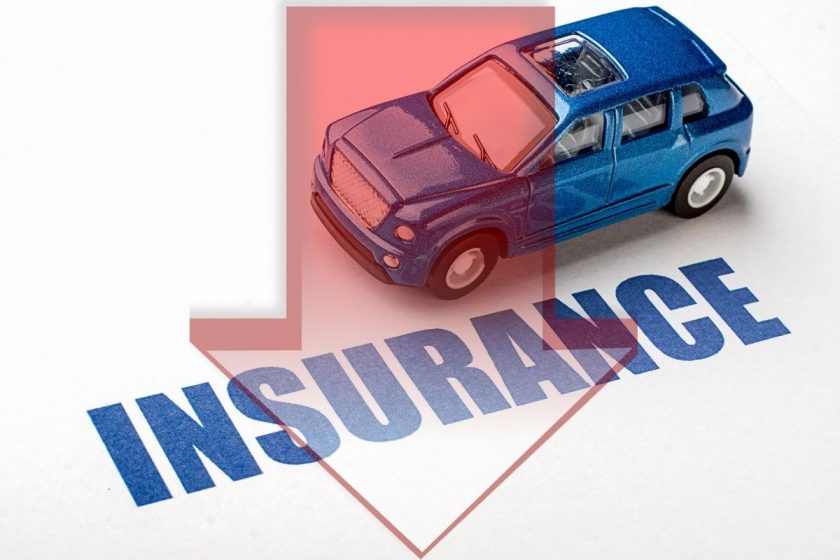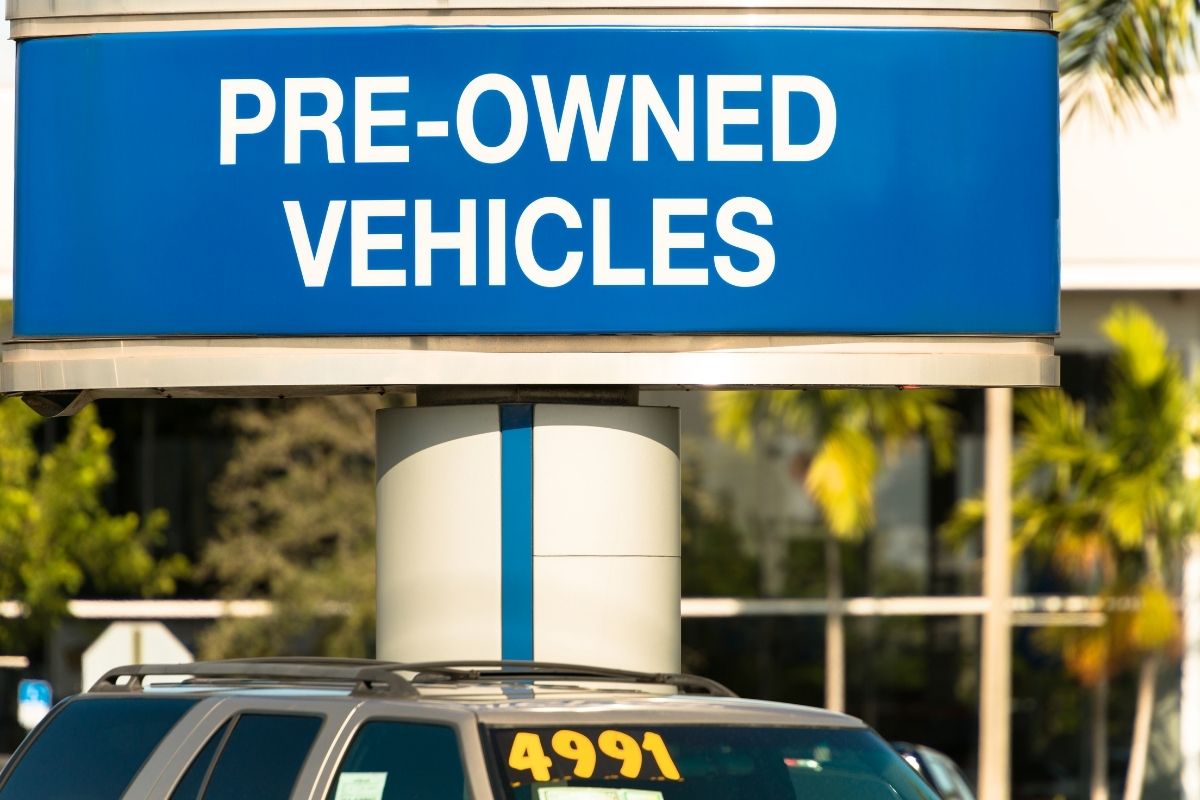Congratulations! You are just about to buy your first car. Whereas purchasing a new car is a great move, there are many things to consider. One crucial decision you must make is whether to buy a brand new or pre-owned car. Both types of vehicles have their pros and cons. But which one would be better as a first car?
Read on and learn why you should consider a used car as your first set of wheels. But first, some statistics about novice drivers.
Novice Drivers Have the Highest Crash Rate
Statistics from the CDC indicate that in 2019, more than 2,400 teenagers in the US lost their lives in road accidents. A further 258,000 were treated for various injuries. Novice drivers have the highest accident rate in the country, and these sad facts have a social and economic impact.
In 2018, the financial cost of car crash deaths among novice drivers (aged between 15 and 19) amounted to about $4.8 billion. Insurance companies use such statistics as a factor that influences coverage and premiums for drivers under the category. Due to the higher risk and bad driving record, drivers within such demographics pay higher premiums, and it may not be easy to find cheap insurance.
If you have plans to buy your first car, you are likely to be in this demographic. Consider purchasing a used car. You can increase your deductibles and negotiate better premiums, and you stand to gain the following benefits.
Used Cars Will Save You Money
The first and obvious reason why you should go for a pre-used vehicle is the cost of purchasing. Depending on the age and model, a used car could cost as low as a third of a new one. The reduction in value does not necessarily reflect actual physical depreciation.
A used car could be just as versatile and perform like a new one. But the savings experienced when purchasing are immense.
According to the National Automobile Dealers Association, the average American owns 13 cars in their life. They would spend an average of $30,000 on each car if it is new. However, if they purchased used cars, the savings are estimated to reach $130,000.

Used Vehicles Attract Lower Car Insurance Premiums
The cost of replacing or repairing new car parts is higher than for used cars. Therefore, you will pay more for a new car and pay more to insure it. For instance, if you inquire how much is insurance for a BMW M3? You can be sure that it will cost you more to insure a new model than it is a two-year-old version of the same model.
Due to the lower valuation, insurance rates for pre-used cars are not as high as premiums for new ones.
Plus, you can do the following to customize your insurance deal and further reduce the premiums:
- Increase the deductibles – Although the premium will reduce, you will pay more in case you are in a car crash. Therefore, you will be extra careful on the road since coverage only meets a portion of the costs.
- Drop collision and comprehensive coverage which pays for repairs to your vehicle
You Have More Options
Buying a pre-used set of wheels also gives you more options. Take for instance if you have a budget of $25,000 – $30,000 and restrict yourself to new cars, your choices will be limited to basic small cars. However, if you are open to used cars, you can consider various other vehicles and models. With the same budget, you can consider better models and vehicles from other segments like an SUV.
Better for Sharpening Your Skills
Since it will be your first car, and you are yet to master the traffic rules or get used to operating the vehicle smoothly, chances are high that you will end up with many unintended scratches and dents.
Novice drivers also tend to wear out the breaks, clutch, and other engine parts faster than experienced drivers. It would be better to go for a more cost-effective used car for your first experience and go for newer cars after you have polished up your skills.
Depreciation is Slower
Car depreciation sucks money right out of your pocket. A new car can reduce value by up to 10% minutes after you drive off the showroom. The value could further deteriorate by 20% within the first year of owning it.
Cars lose most value during the initial 100,000-mile drive which would take about three years. However, the same does not apply to used vehicles. Depreciation is much slower, and if you could resell it for a value close to what you spent.
Consider a Pre-Owned Vehicle
It may not be as fashionable or stylish to buy a used car. However, for novice drivers, a pre-owned vehicle makes perfect sense. It costs less to buy, you’ll pay less for coverage, and you can sell it for a good value.

